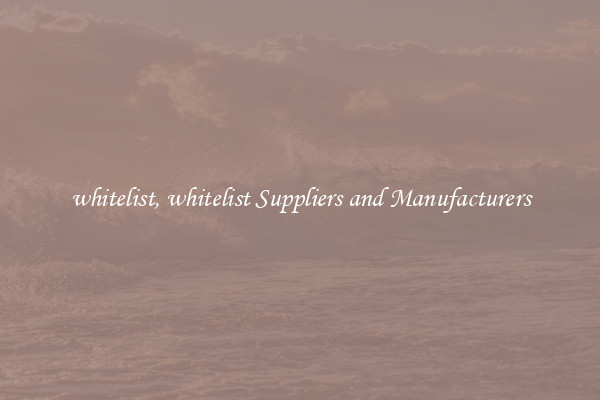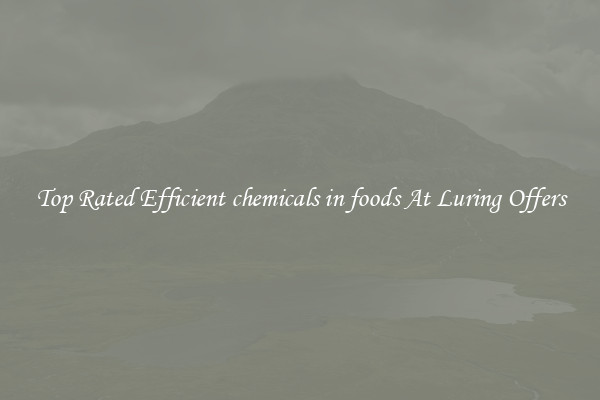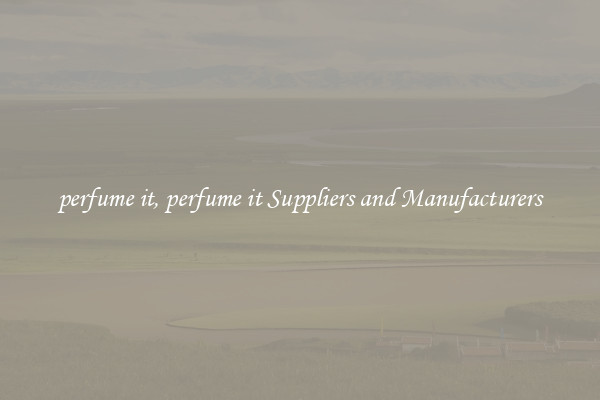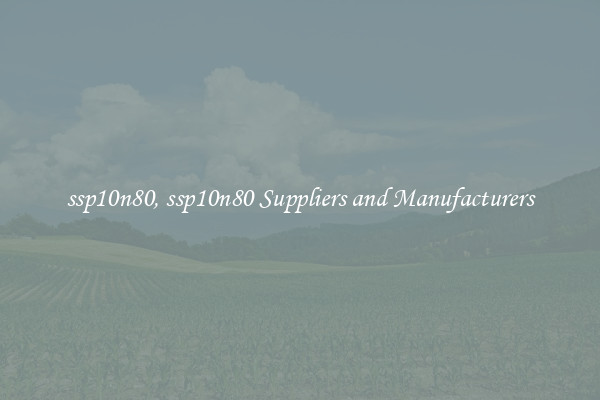whitelist, whitelist Suppliers and Manufacturers
A whitelist is a term used in both the digital and manufacturing world to refer to a list of trusted entities or individuals. In this article, we will focus on whitelist suppliers and manufacturers, and understand the significance they hold in various industries.

The concept of using whitelists in the manufacturing industry has gained immense popularity in recent years. A whitelist supplier or manufacturer is an entity that has been thoroughly vetted and approved by a company or organization. These trusted partners are selected based on a set of specific criteria, which can include quality standards, industry reputation, production capabilities, and compliance with regulatory requirements.
One of the primary advantages of working with whitelist suppliers and manufacturers is the assurance of receiving high-quality products. Organizations spend a significant amount of time and effort evaluating potential partners to ensure their ability to deliver products that meet or exceed industry standards. This reduces the risk of receiving faulty or substandard goods, which can lead to customer dissatisfaction and financial losses.
In addition to product quality, whitelisted suppliers and manufacturers are often chosen for their ethical practices. Many companies enforce strict guidelines to ensure that their partners operate sustainably and adhere to specific social and environmental regulations. By working with whitelist entities, organizations can align their operations with their own ethical considerations, thus demonstrating a commitment to responsible business practices.
Moreover, whitelist suppliers and manufacturers often have established relationships with their customers. This translates into better communication, reduced lead times, and an enhanced ability to meet customer demands. Organizations can rely on these trusted partners to provide proactive support, resolve issues promptly, and maintain strong relationships based on mutual trust and respect.
From a cybersecurity perspective, using whitelists in the digital realm is equally important. In this context, a whitelist consists of approved programs, websites, or IP addresses that are considered safe and legitimate. By creating a whitelist of trusted entities, organizations can restrict access to only those sources, minimizing the risk of malware, phishing attacks, or unauthorized access to sensitive information.
However, it is important to note that whitelists should be regularly updated and reviewed to ensure their effectiveness. The business landscape is ever-evolving, and entities that were once considered trustworthy may no longer meet the required standards. Therefore, periodic evaluations and audits are necessary to maintain the integrity of the whitelist and protect against potential risks.
In conclusion, whitelist suppliers and manufacturers offer numerous advantages in terms of quality assurance, ethical practices, and enhanced customer relationships. By working with trusted partners, organizations can streamline operations, mitigate risks, and build a reputation grounded in reliability and trustworthiness. Similarly, implementing digital whitelists helps safeguard against cyber threats, ensuring a secure network environment.

View details

View details

View details

View details








